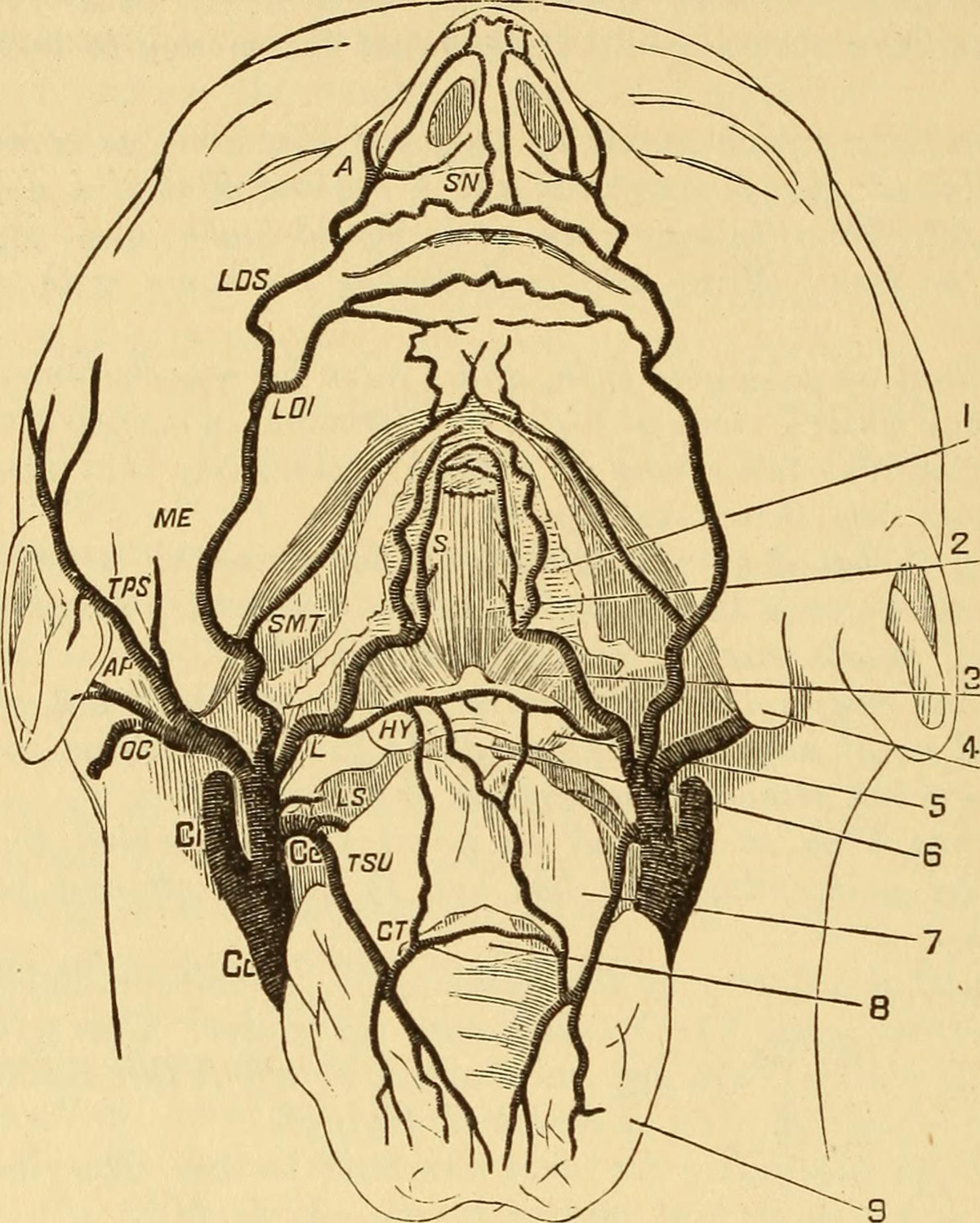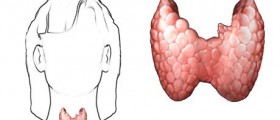
Goiter-Overview
Also called a bronchocele, this is a condition characterized by the swelling of the thyroid gland, which can, in turn, lead to the swelling of the larynx. The thyroid is a butterfly-shaped gland located at the base of the neck just below the Adam's apple. The hormones that the thyroid produces help maintain a variety of functions of the body that include body temperature, digestive functions, pulse rate, etc.
Although goiters are usually not painful, a large goiter can cause a cough and make it difficult for a person to swallow or breathe. A simple goiter may disappear on its own, or it may become large. Over time, destruction to the thyroid may cause the gland to stop making enough thyroid hormone. This condition is called hypothyroidism. Occasionally, a goiter may become toxic and produce thyroid hormone on its own. This can cause high levels of thyroid hormone, a condition called hyperthyroidism.
Causes of Goiters
There are a few factors that might cause the thyroid to enlarge. These are: iodine deficiency (iodine is essential for the production of thyroid hormones; in an effort to obtain more iodine, the thyroid might enlarge), multinodular goiter (several nodules develop on the side of the thyroid, causing its overall enlargement), Grave’s disease, Hashimoto’s disease, inflammation (thyroiditis), thyroid cancer, pregnancy (a hormone that is produced during pregnancy may cause the thyroid to slightly enlarge), etc.
Symptoms
Goiter may not cause any symptoms to present themselves. However, if they do occur, they may include: difficulty breathing and swallowing, swelling in the neck below the Adam’s apple, hoarseness, coughing, neck tightness, wheezing, etc. These symptoms occur mainly because the thyroid is putting excess pressure on the windpipe and the esophagus.
It is important that one consult a doctor after noticing any of these symptoms. Although they may be benign, goiters can also have an underlying cause, i.e. a health problem that needs to be treated.
Treatment
The treatment depends on the size of the goiter, the symptoms and the underlying cause. Small goiters that aren't noticeable and don't cause problems usually don't need treatment.
However, the goiters that do cause symptoms need to be treated. There are various treatment plans that a person’s doctor may recommend. These include: observation (only in the case of small goiters), medication (to treat the underlying cause; by treating it, the goiter should disappear), radioactive iodine (taken orally, it reaches the thyroid through the bloodstream, thus reducing the size of it), and surgery (applied when the cause of the thyroid are nodules or cancer; or, if the size of the goiter is causing difficulties in breathing).







-And-Children-16-Warning-Signs-And-Symptoms_f_280x120.jpg)





-In-Infants-And-Older-Children_f_280x120.jpg)
-In-Adults_f_280x120.jpg)


Your thoughts on this
Loading...